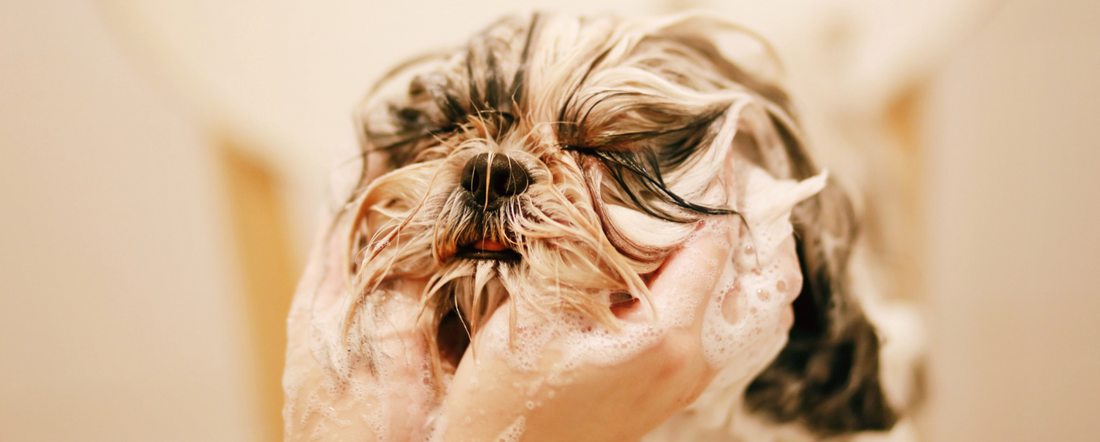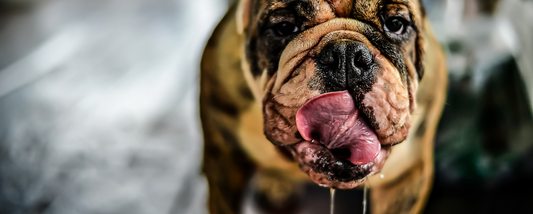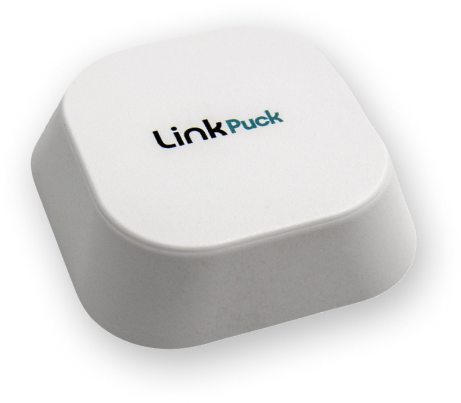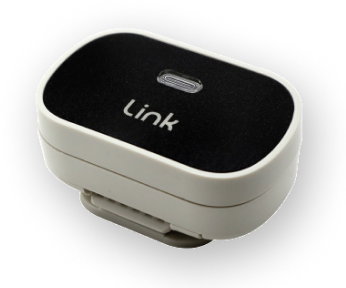Dogs are known for their boundless energy, unwavering loyalty, and, unfortunately, occasionally downright bad odors. Bathing your pup is a common practice to keep them clean and fresh. However, it can be frustrating when your dog continues to emit an unpleasant odor even after a thorough bath. Fear not! Today we'll explore some common reasons why your dog might still stink after you give them a bath and share tips on how to address the issue.
Natural Doggy Odor: First and foremost, it's essential to understand that dogs have a distinct smell of their own. Their unique body odor is a result of natural oils produced by their skin and hair follicles. This odor can vary depending on the breed, diet, and overall health of your dog. Bathing your dog helps reduce this natural odor but might not eliminate it entirely.
Improper Bathing Technique: While bathing your dog, the techniques and products you use can greatly influence the results. If you're not using the right shampoo or not thoroughly rinsing your dog's coat, you can leave residue behind which creates an unpleasant smell. Additionally, using human shampoo or soap can disrupt the natural pH balance of your dog's skin and cause skin irritation, which can contribute to a lingering odor. Make sure you're using a dog-specific shampoo formulated for your pet's breed and skin type. Rinse your dog's coat thoroughly to ensure no residue is left behind. Consider using a conditioner designed for dogs to help maintain a healthy coat and reduce odors.
Skin Infections or Allergies: Persistent odor after bathing could be a sign of an underlying skin infection or allergies in your dog. Conditions like yeast or bacterial infections, mange, or allergic reactions to certain foods or environmental factors can cause a foul smell that won't go away with regular bathing alone. If you notice other symptoms like itching, redness, or excessive shedding, it's important to consult your veterinarian for a proper diagnosis and appropriate treatment. The Link My Pet app offers 24/7 TeleVet services available to answer questions like this anytime of the day or night from the convenience of your own home.
Dental Issues: Sometimes, the source of the stench isn't your dog's coat but their breath. Dental problems, such as tartar buildup, gum disease, or infected teeth, can lead to foul-smelling breath that persists even after a bath or teeth brushing. Regular dental care, including brushing your dog's teeth, providing dental treats, and scheduling professional cleanings, can help address this issue and improve your dog's overall oral hygiene.
Anal Gland Issues: One often overlooked source of dog odor is the anal glands. These scent glands, located on either side of your dog's anus, can sometimes become impacted or infected, resulting in a strong and unpleasant smell. If you suspect anal gland issues, it's essential to seek veterinary assistance for proper expression or treatment.
While bathing your dog is a vital part of their grooming routine, it's important to understand that some of that telltale dog smell may persist due to natural factors, improper bathing techniques, underlying health conditions, or oral and anal gland issues. By addressing these potential causes and working closely with your veterinarian, you can ensure your dog stays fresh and odor-free between baths. Remember, a healthy and well-cared-for dog is a happy companion, regardless of their unique scent!
Note: This blog is for informational purposes only and should not be considered a substitute for professional veterinary advice. If you have concerns about your dog's odor or overall health, we recommend consulting your veterinarian.





